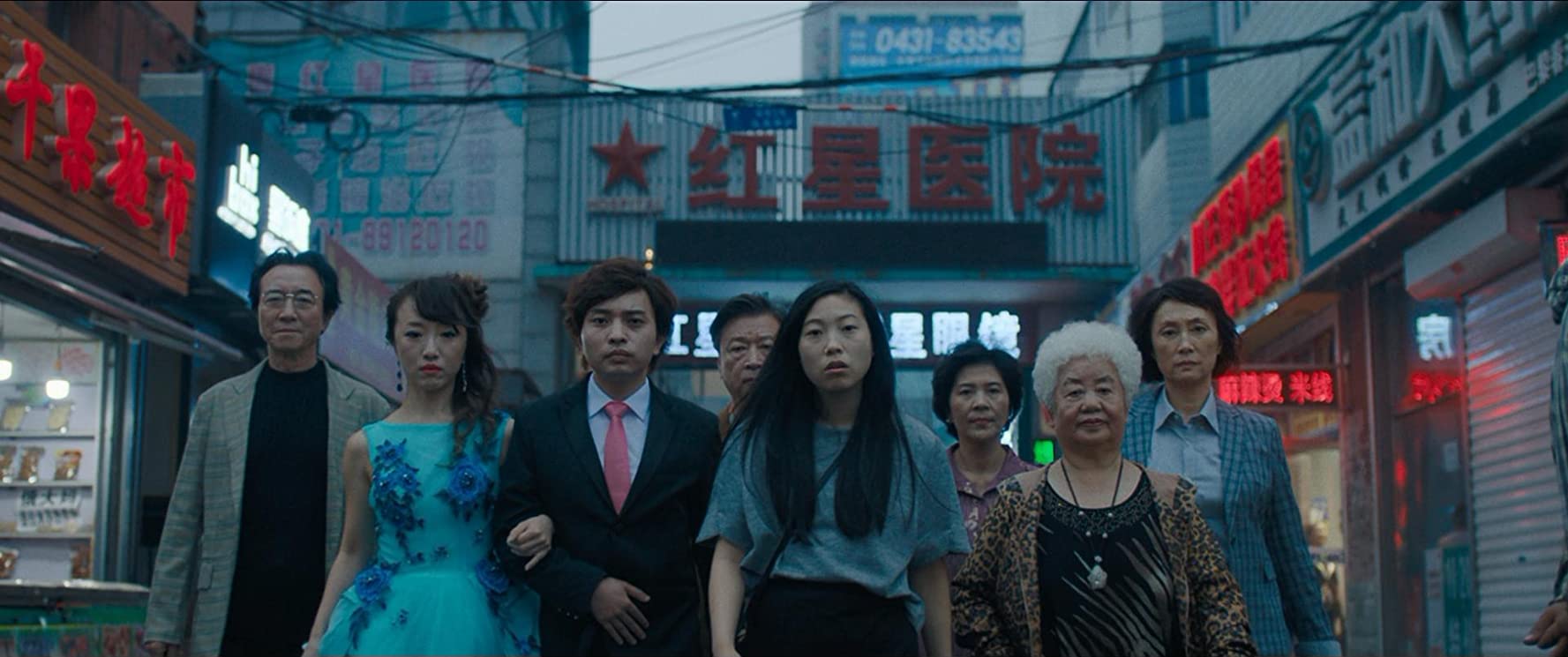People always have a movie, book, or piece of art with which they feel genuinely connected. For me, it was The Farewell. I felt like I was a part of the story, and I was able to understand every small detail in the film.
I grew up in Brazil with Chinese grandparents who immigrated to Brazil in the 1950s. My grandparents and my father raised me together until 2015, when my dad and I moved to New York City. Moving to New York City was a significant change, but just like Billi, I called my grandma every day. The Farewell shows the raw reality of Chinese immigrant families and their love for each other through any chaos.
What stood out the most for me was how much the story held its truth. Every detail in every scene reminded me of something or someone in my life. The ability of the movie to provide such a real performance of a typical family was outstanding. The story was so touching that as soon as it was over, I called my grandma and told her how much she means to me.
The movie begins with a phone call between Billi and Nai Nai, a term used for maternal grandma in Mandarin. During this phone call, Billi is walking through the streets of New York while her grandma is in the hospital. Billi asks Nai Nai what is happening, as she can hear the sounds of the hospital in the background. To not scare or worry Billi, Nai Nai simply tells her that everything is fine. This alludes to the way in which the entire family chooses not to tell Nai Nai she only has a few weeks to live later on.
Billi struggles with her family’s secrecy. In one scene, she asks Haibin, her uncle, if they are going to tell Nai Nai about her cancer, and Haibin replies, “There are things you must understand: you guys moved to the West long ago. You think one’s life belongs to oneself… You want to tell Nai Nai the truth because you’re afraid to take responsibility for her… We’re not telling Nai Nai because it’s our duty to carry this emotional burden for her.” This scene explored the burden of immigrating and the difference between cultural beliefs that can develop from living in a different country than your family. Since Billi grew up in America, her view of life and death is different from that of her parents and extended family.
This film uses color to portray the emotion of a scene. Billi’s surroundings are warm, but when she hears about her grandma’s illness, her surroundings are dull colors, in gray tones. In the scene after Billi tells her mother about all her childhood memories, she walks down the street with blue lighting that later fades into a warm red tone. In the last scene in which Billi is saying goodbye to her grandmother, we see the shot immersed in shades of blue.
Sound is present to supplement the continuity of a feeling. This song is present in scenes in which Billi’s emotions are at a peak. When Billi first finds out about her grandma’s cancer, we hear the same sound effect as when she runs to the hospital to see her grandmother later on.
Despite not being related to Billi by blood, Mr. Li is also an important character in the story. In dinner scenes when every family member is tense, we always see Mr. Li eating with such satisfaction and joy, like nothing around him can bother his mealtime. Mr. Li portrays a side of the story which is easy to forget during the scenes of conflict: pure love. In every scene with Mr. Li, he takes care of Nai Nai and remains unbothered by her complaints or comments. He is simply there for her, caring for her to the best of his ability.
The Farewell allowed me to connect to Billi at a level I was not able to do in any other story. While the film spoke to me because it reminded me of my own family, I’m sure everyone can connect to The Farewell’s themes of sacrifice and family love.


